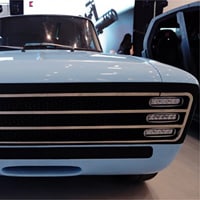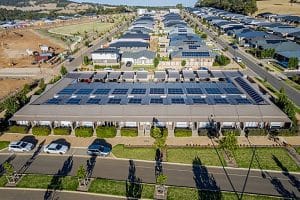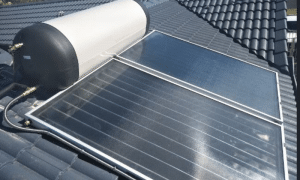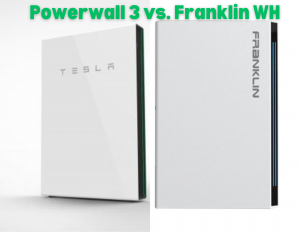The Russian firearms firm that produces the AK-47 assault rifle has launched its first electric vehicle. The Russian electric vehicle is gunning to compete with Elon Musk’s California-based Tesla, the largest and highest profile of the non fossil fuel powered automobile manufacturers.
With Tesla cars having a range of about 500 km and a capability of 0 to 100 in 4 seconds, the new Russian car, dubbed the CV-1, isn’t much of a threat at this stage.
Russian electric vehicle based on Soviet design
Kalashnikov’s CV-1 is retro in style, having been modelled along the same lines as the 1970s Soviet IZh-Kombi. It comes with a 90 kW/h battery, a 350 km driving range, and a DC to AC inverter. It can do 0 to 100 km/h in six seconds.
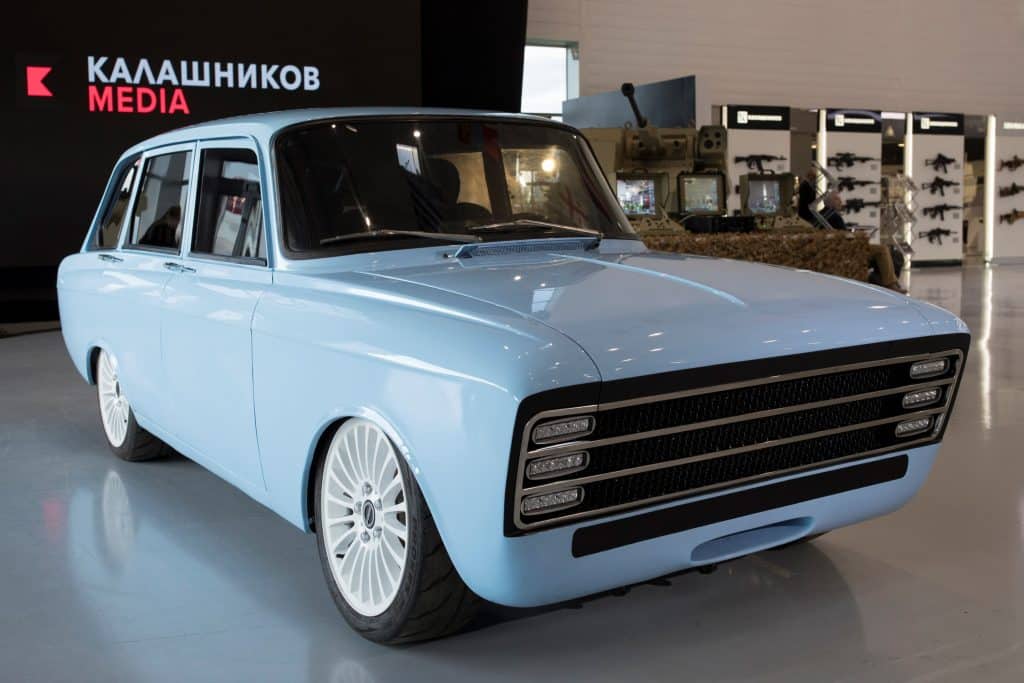
Kalashnikov is not the first company to base an electric vehicle on a retro car design. Jaguar has also launched its E-type Zero, which should be commercially available by 2020. The Zero is expected to cost about $625,000 – not exactly in the family car price range.
Electric vehicles set to take off in Australia: ARENA
While electric vehicles (EVs) are not big in Australia yet, ARENA expects this to change within the next 20 years or so.
Factors currently hindering the uptake of EVs in Australia include cost, concern over their driving range and lack of fast-charge stations. According to ARENA, price reductions and improved driving ranges should lead to a greater uptake of EVs over the next two decades.
For example, ARENA’s research indicates that in 2024 it should be possible to charge a 100 kWh battery in five minutes for $11. And by the 2040s, all new vehicle sales are likely to be of the electric variety. This would also mean Australia will need around 28,000 fast-charging stations installed.
Could solar cars be the next big thing?
Australia was one of only three competitors to complete the 3,000 km World Solar Challenge trip last year.
This was impressive considering the challenges of the journey. These included 40-degree temperatures, dust, cross-winds, tropical storms and trip hold-ups by trucks using the route.
As for home solar installations, solar cars also demonstrate the potential of renewable resources to power the future. Charging your electric vehicle with your solar powered home battery will one day be routine.













